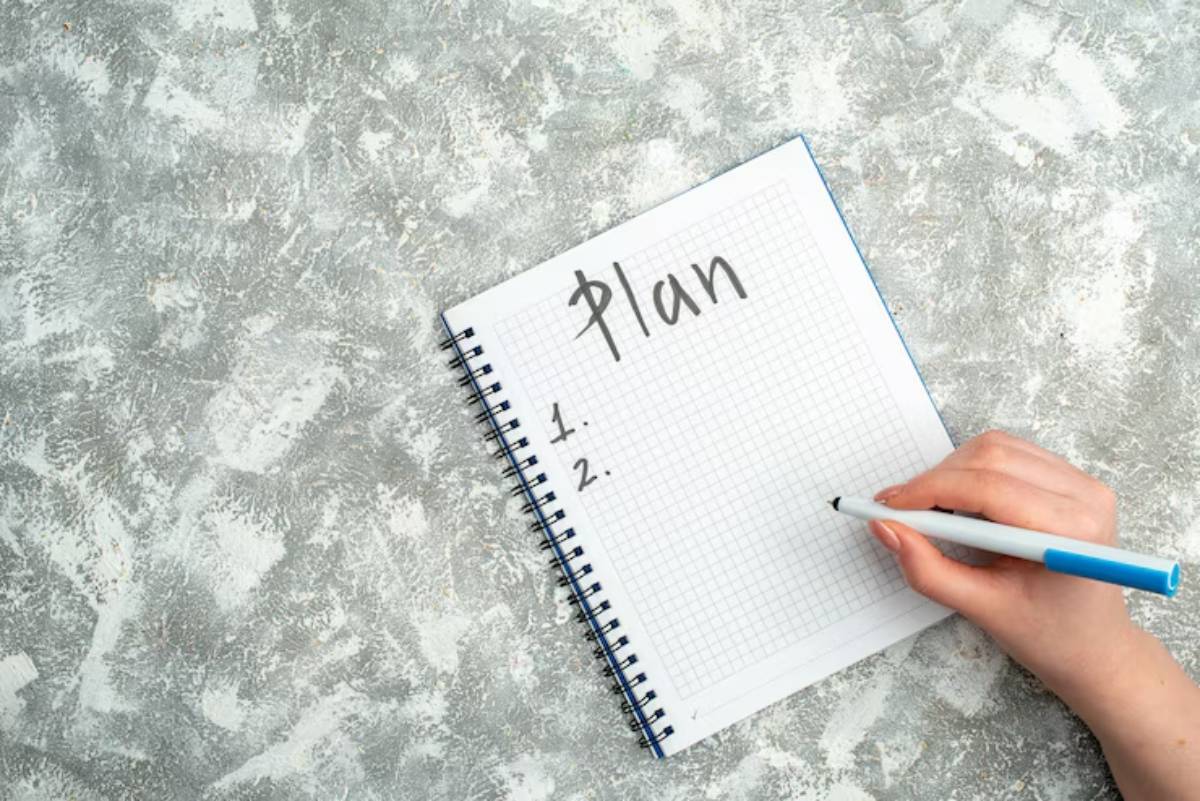
Initiation Rituals to Build Automatic Action
Ever found yourself staring at a to-do list, knowing what needs to be done but unable to take the first step? You’re not alone. Starting tasks can often feel like the most challenging part of productivity. This is where initiation rituals come into play. Establishing consistent productivity rituals and action triggers can transform your task approach, making the initiation process almost automatic.
Many people assume that productivity is purely a matter of discipline or willpower. However, modern behavioural science suggests that our ability to initiate action often depends more on structure than motivation. When you lack a reliable starting point, something that nudges you gently but firmly into motion, procrastination and avoidance behaviours tend to fill the gap. That’s why high performers in every field, from athletes and musicians to writers and entrepreneurs, often rely on deliberate pre-task rituals to prime their focus and reduce friction.
These rituals don’t need to be complex. Even simple, repeated actions like clearing your desk, closing social media tabs, or putting on noise-cancelling headphones can signal your brain that it’s time to switch into a productive state. The beauty of these small cues is that they reduce decision fatigue and lower the mental barrier between intention and action.
In this article, we’ll explore the science behind initiation rituals, explore practical examples, and provide strategies to help you build effective task-starting habits.
Understanding Initiation Rituals
What Are Initiation Rituals?

Initiation rituals are deliberate actions or sequences performed before starting a task. They serve as cues to signal your brain that it’s time to shift into work mode. Unlike routines, which are often habitual and unconscious, rituals are intentional and carry psychological significance. They help bridge the gap between intention and action, reducing the mental resistance associated with task initiation.
The Science Behind Rituals
Research indicates that rituals can enhance performance by reducing anxiety and increasing confidence. A study published in the Harvard Business Review found that individuals who engaged in rituals before high-pressure tasks experienced improved performance and reduced stress levels. Rituals help manage psychological resources, allowing for better focus and task engagement.
The Role of Action Triggers
Defining Action Triggers
Action triggers are specific cues that prompt you to start a task. They can be time-based (e.g., starting work at 9 AM), location-based (e.g., beginning a task when at your desk), or event-based (e.g., after finishing a meeting). These triggers create associations in your brain, making it easier to transition into the desired activity.
Implementing Effective Triggers
To harness the power of action triggers:
- Identify consistent cues: Choose triggers that occur regularly in your day.
- Associate tasks with triggers: Link specific functions to these cues to build strong associations.
- Maintain consistency: Regular repetition reinforces the connection between the trigger and the task.
For instance, if you decide to start writing reports immediately after your morning coffee, drinking coffee will signal your brain to prepare for report writing over time.
Building Effective Task-Starting Habits
Step 1: Start Small
Begin with simple rituals that require minimal effort. This could be as straightforward as taking three deep breaths before commencing work or organising your workspace. The key is to choose actions that are easy to implement and can be consistently repeated.
Step 2: Personalise Your Rituals
Tailor rituals to fit your preferences and work style. If you’re a visual person, perhaps arranging your desk in a particular way helps. If you’re auditory, maybe playing a specific song signals the start of work. Personalised rituals are more likely to resonate and be maintained.
Step 3: Reinforce with Rewards
Pair your initiation rituals with small rewards to reinforce the behaviour. This could be a short break, a cup of tea, or a quick walk. The reward serves as positive reinforcement, making you more likely to repeat the ritual.
Morning Rituals
- Mindful Breathing: Spend five minutes focusing on your breath to centre your mind.
- Planning Session: Outline your top three daily tasks to set clear intentions.
- Physical Movement: Engage in light stretching or a short walk to energise your body.
Workday Starters

- Workspace Setup: Arrange your desk, ensuring all necessary tools are within reach.
- Digital Cleanse: Close unnecessary tabs and applications to minimise distractions.
- Motivational Reading: Read a short, inspiring article or quote to boost motivation.
Transition Rituals
- End-of-Task Reflection: Take a moment to acknowledge task completion and its impact.
- Physical Reset: Stand up, stretch, or briefly walk to signal a shift between tasks.
- Environmental Change: Adjust lighting or background music to mark a transition.
Overcoming Common Challenges
Dealing with Inconsistency
It’s natural to skip rituals occasionally, especially during busy periods. The key is recognising the lapse without judgment and recommitting to your practice. Remember, consistency is built over time, and occasional missteps are part of the process.
Adapting to Change
Life circumstances can change, necessitating adjustments to your rituals. Be flexible and willing to modify your practices to suit new environments or schedules. The effectiveness of a ritual lies in its relevance and resonance with your current context.
Enhancing Productivity Through Rituals
Incorporating initiation rituals into your daily routine can significantly enhance productivity. Rituals free up cognitive resources for more complex activities by reducing the mental load associated with starting tasks. They also create a sense of control and predictability, which can reduce stress and improve focus.
For those interested in exploring further strategies to combat procrastination, our article on the 5-minute rule that gets you moving offers additional insights into building momentum and overcoming inertia.
Creating Rituals That Spark Effortless Action
Building momentum doesn’t require grand gestures — it starts with a subtle shift. Initiation rituals are not just quirky routines or motivational gimmicks; they are deliberate psychological anchors that train your brain to move from stillness to action. When you apply the same small ritual before engaging in a task, you condition your body and mind to associate it with productivity. Over time, this ritual becomes a reliable cue, reducing hesitation, mental resistance, and the strain of decision-making.
These action triggers give you structure where willpower might falter. And that’s the point. The more you can externalise motivation and rely on consistent, self-defined signals, the less you have to force yourself into gear every time. From the outside, it may appear effortless. But internally, it’s a product of design, not luck.
What makes these rituals effective is their adaptability. You don’t need a complex process or strict rules. Even simple actions like putting on noise-cancelling headphones or taking a deep breath before opening your laptop can tell your brain it’s time to begin.
So, take a moment to reflect: what simple, repeatable ritual can you introduce into your day?
Create it. Test it. Refine it.
Because sometimes, the smallest habits are the most powerful engines for progress.


